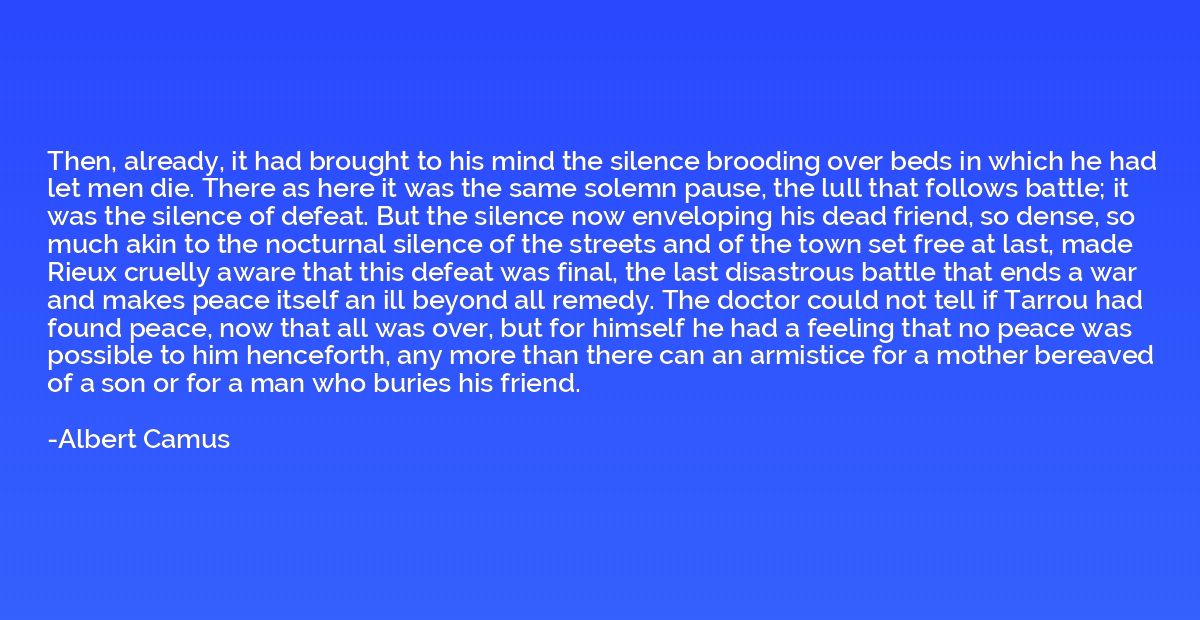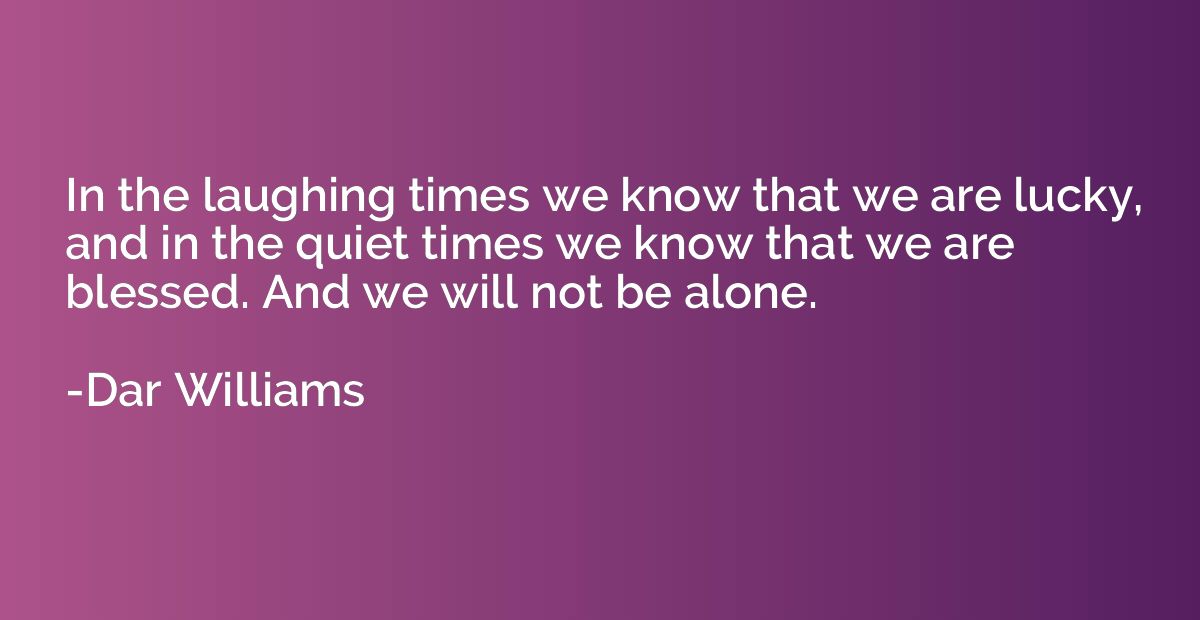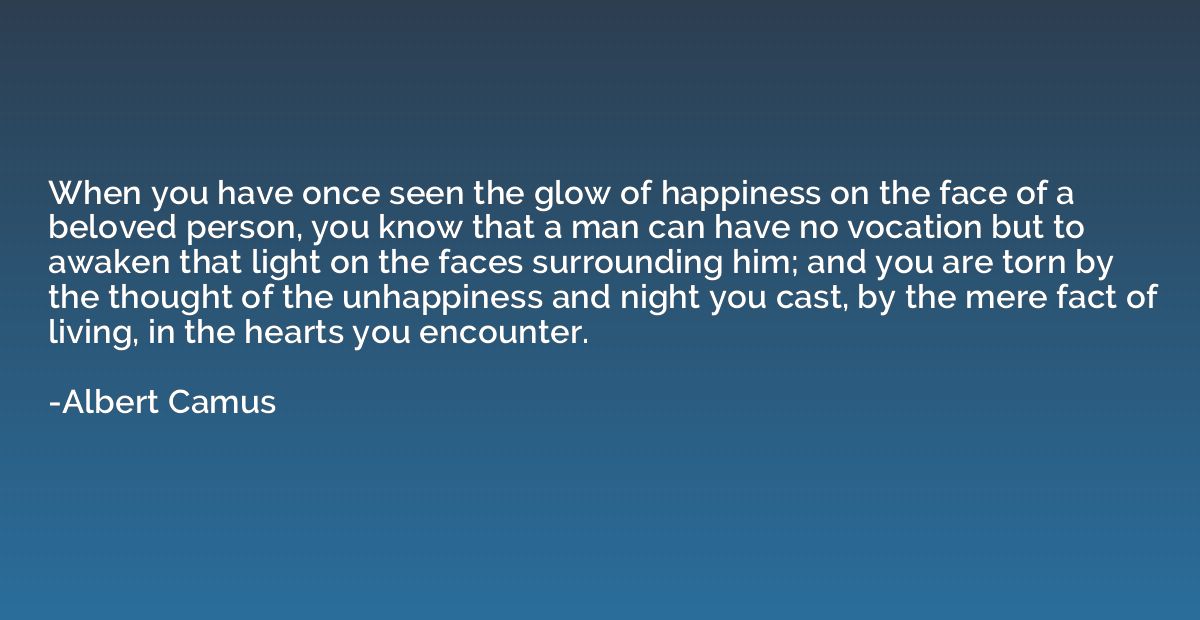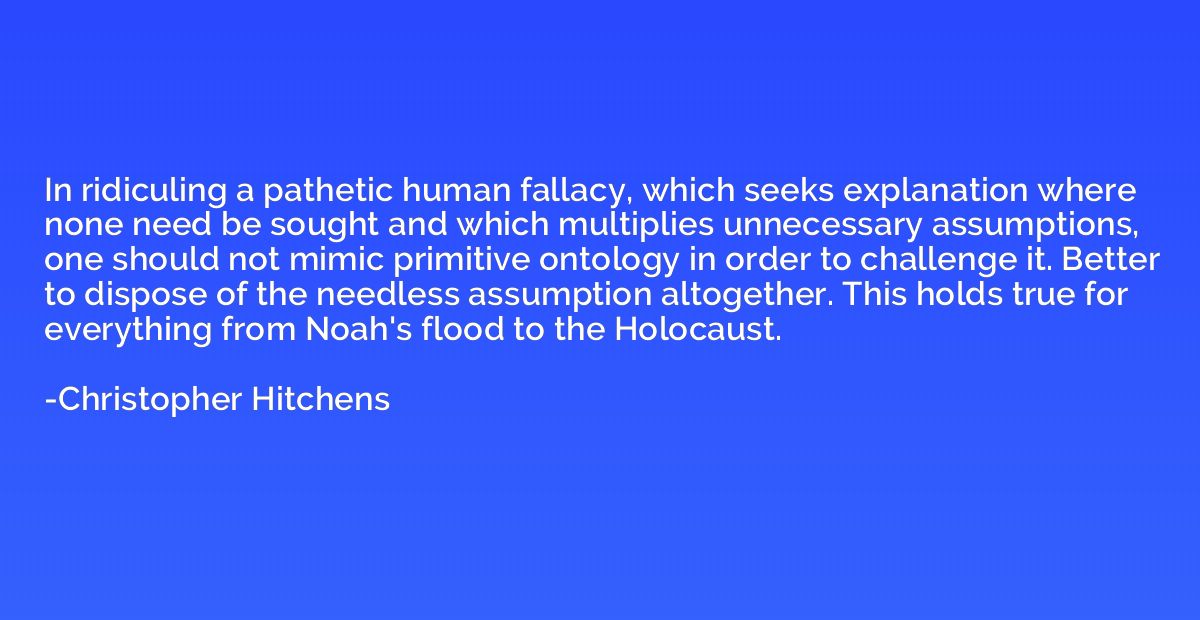Quote by Albert Camus
Then, already, it had brought to his mind the silence brooding over beds in which he had let men die. There as here it was the same solemn pause, the lull that follows battle; it was the silence of defeat. But the silence now enveloping his dead friend, so dense, so much akin to the nocturnal silence of the streets and of the town set free at last, made Rieux cruelly aware that this defeat was final, the last disastrous battle that ends a war and makes peace itself an ill beyond all remedy. The doctor could not tell if Tarrou had found peace, now that all was over, but for himself he had a feeling that no peace was possible to him henceforth, any more than there can an armistice for a mother bereaved of a son or for a man who buries his friend.

Summary
In this quote from Albert Camus' "The Plague," the protagonist, Dr. Rieux, reflects on the silence that follows death, as he mourns his dead friend, Tarrou. The silence is compared to the aftermath of battle, a solemn pause that signifies defeat. However, the silence is particularly poignant and oppressive, as it signifies the finality and devastating consequences of the plague. Rieux is unsure if Tarrou has found peace in death, but he himself feels that he can never find peace again, just as a mother who lost her child or a person who has buried their friend can never truly obtain an armistice from their grief.
By Albert Camus














